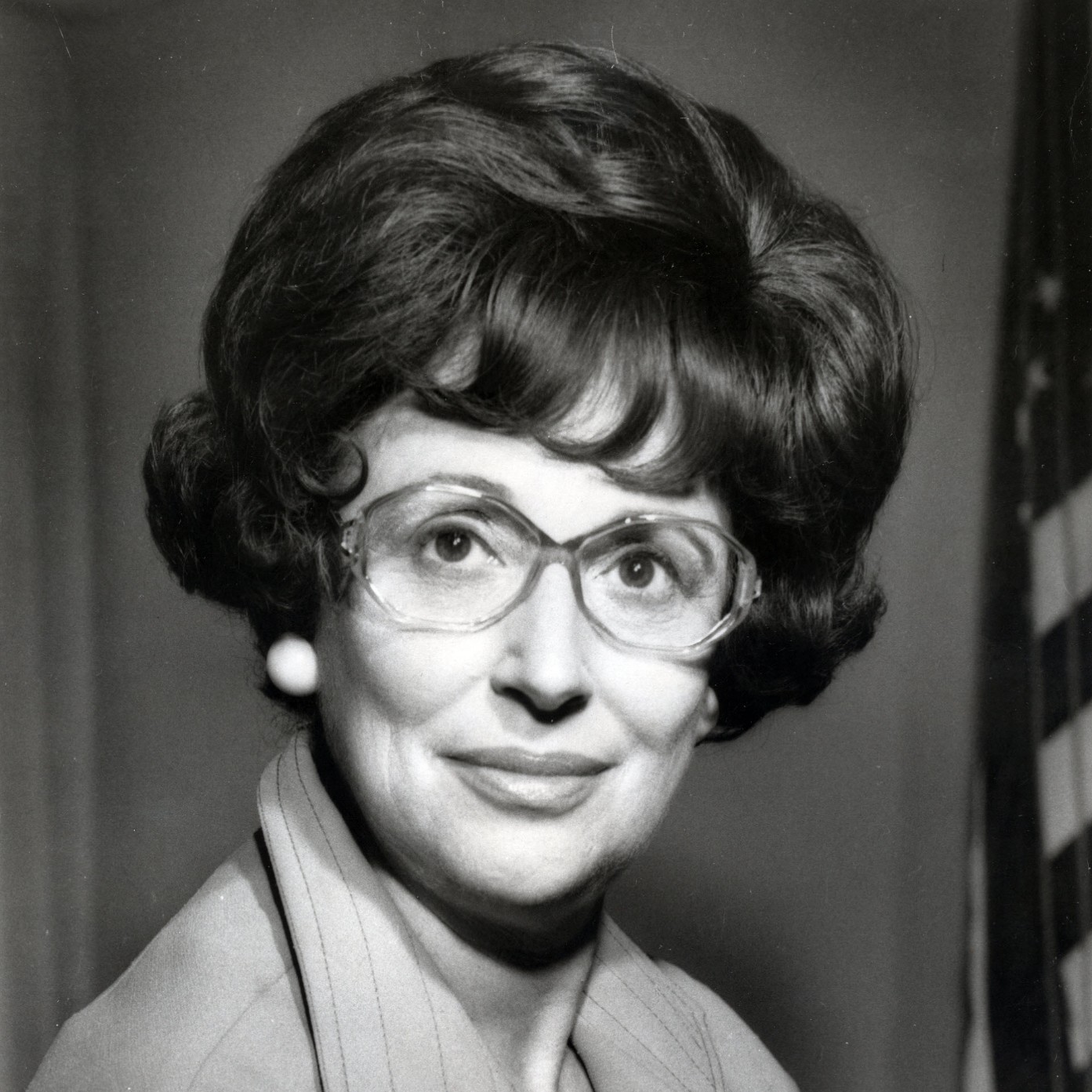

U.S. Representative Gladys Noon Spellman was a civic-minded Maryland school teacher and PTA advocate when she signed onto a reform slate running for the Prince George’s County commission in 1962. She became the first woman on the commission and by 1966, she was running it. Throughout her legislative tenure, Spellman fought for cost-of-living raises against making the civil-service more vulnerable to political swings. Today, the memory of Gladys Noon Spellman is kept alive by the Maryland stretch of the Baltimore-Washington Parkway named in her honor.
One hundred years ago, the 19th Amendment to the Constitution of the United States was signed into law and officially granted twenty million American women the right to vote.
This mass expansion in voting rights was the result of generations of intense activism known as the women’s suffrage movement that has had a lasting legacy on equality in America.
In recognition of the struggles and achievements of a once disenfranchised majority, PreserveCast is honored to share remarkable stories of suffragists within each episode this year.
Beyond the Ballot is supported by Preservation Maryland, Gallagher Evelius Jones law firm and the Maryland Historical Trust.
To learn more or to donate to support these efforts, please visit: ballotandbeyond.org.
This week on Ballot and Beyond, we’ll learn about Gladys Noon Spellman, a pioneering civic-minded elected official, read by Elly Colmers Cowan, Director of Advocacy at Preservation Maryland.
Gladys Noon Spellman
U.S. Representative Gladys Noon Spellman was a civic-minded Maryland school teacher and PTA advocate when she signed onto a reform slate running for the Prince George’s County commission in 1962. She became the first woman on the commission and by 1966, she was running it.
She would go on to dismantle the county’s political machine.
At first, Spellman was sure that any idea of hers would get trampled. She would pass proposals along to her male colleagues and let them take the credit.
However, one of them praised her for “Thinking like a man.” At first, she thought of the compliment then she got angry. She said, “Well, I guess today was an off-day for me. Tomorrow, I’ll be myself and do better,” she told a biographer.
She became notoriously vocal about her achievements, including the adoption of a home-rule charter in 1970 and zoning reforms that led to more open-space and senior centers.
In 1974, spurred by the Watergate scandal, Spellman ran for Congress. When she was sworn in, men outnumbered women in that house by a margin of 20 to 1.
Spellman was a tenacious advocate for her constituents, nearly 40% of whom were federal employees, the biggest percentage in the country, and largely, in blue and pink collar positions.
She fought for cost-of-living raises and against making the civil-service more vulnerable to political swings.
Spellman was also a tireless campaigner. No crowd was too small, no cause too obscure.
By 1980, Republicans considered her unbeatable, but four days before the general election, Spellman was judging a children’s Halloween costume contest in Laurel when she collapsed from a heart attack. She won with 80% of the vote anyway.
But she remained in a coma until her death eight years later at age 70. 400 people attended her funeral, including the first-term Senator, Barbara Mikulski who remembered her as a big sister and mentor.
Today, the memory of Gladys Noon Spellman is kept alive by the Maryland stretch of the Baltimore-Washington Parkway named in her honor.
Episode Gallery
Previous episode






